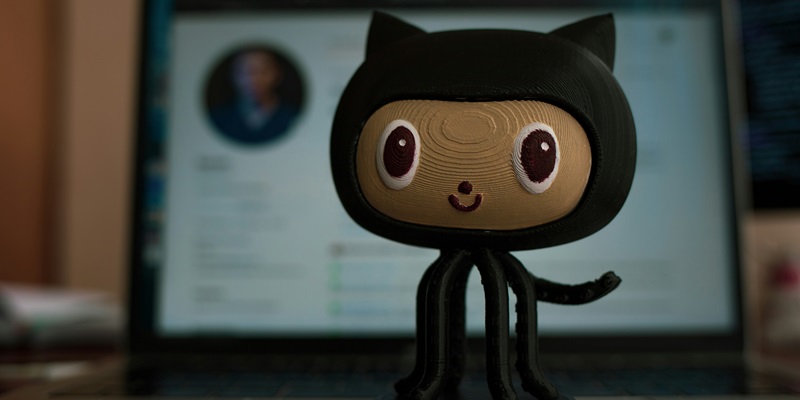GitHub has ignited excitement in the software development community with the technical preview of GitHub Copilot Workspace, an AI-driven environment designed to blend with coders’ workflows. This platform elevates the original GitHub Copilot, offering a natural language interface for developers to compose, develop, and perfect their code. The Copilot Workspace functions beyond an editor; it’s a proactive partner that navigates the complexities of coding and discussion, enhancing the development process.
This innovation signals a transformative moment in coding practices and highlights Microsoft’s (via GitHub) dedication to integrating AI into software development. The movement toward AI-assisted coding reflects a push for efficiency and improved workflows, placing Copilot Workspace at the forefront of evolving how coders build software and collaborate digitally. As developers debate its implications, it’s clear that Copilot Workspace represents a pivotal step in the future of programming.
An Enhanced Developer Experience with AI
GitHub Copilot Workspace, an advanced AI-driven environment for software development, is the latest evolution from GitHub Copilot Chat. It offers developers a rich exploratory coding zone where they can kick off new projects and engage in in-depth dialogues with AI to structure and solve coding challenges. This human-AI collaboration streamlines command execution and strategy adjustment, providing a space for detailed exchange to polish and test code.
The new interface goes beyond offering suggestions; it supports more complex communication that encompasses the entire coding workflow in a seamless interface. As GitHub Copilot Workspace debuts, signaling a new chapter for AI in coding, enthusiasts are keen to try the platform, available for preview on githubnext.com.
Paul Krill’s commentary accentuates the impact of generative AI, which is transforming software development. The launch of Copilot Workspace is a clear indicator of how AI is becoming an essential part of a developer’s toolkit, shaping the future of how we create code.

